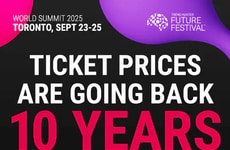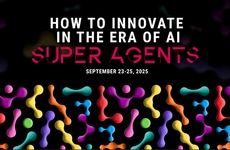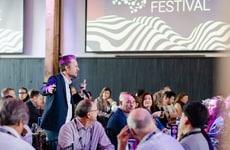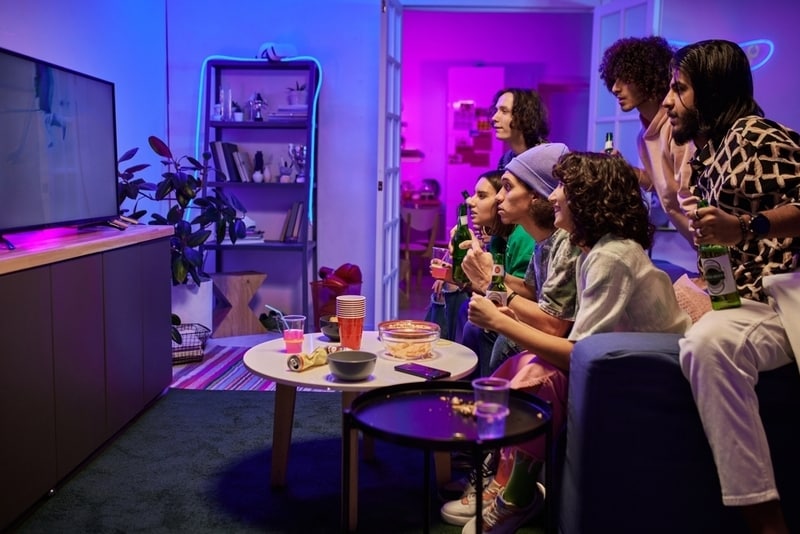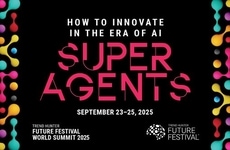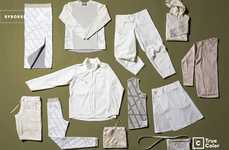A Cultural Approach to Consumer Insights
Debra John — August 6, 2025 — About
The future of fun is more than entertainment—it’s a cultural lens for decoding modern consumer behavior. How people choose to spend their free time offers deep insight into their identities, aspirations, and values. In a world where attention is fragmented and choice is abundant, leisure reveals what truly matters to individuals when they are free from obligation. What people do when they don’t “have to” do anything tells us more about them than what they buy.
From gaming to gardening, leisure activities are powerful signals of emotional and psychological needs. Entertainment, especially, reflects what is missing from people’s lives—whether it's creativity, control, community, or escape. Primal desires like belonging, self-expression, or mastery shape how people unwind, often more than rational decision-making.
Brands that understand this are thriving. Duolingo taps into the desire for playful learning and cultural curiosity. Strava appeals to those who seek self-improvement, community, and performance through fitness. Co–Star, the astrology app, connects with individuals craving meaning and connection in a chaotic world. Each of these brands translates a leisure behavior into an emotionally resonant experience—not just a product or service.
Similarly, MasterClass targets those who view spare time as a chance for personal growth and intellectual enrichment. These examples show how leisure isn’t passive—it’s productive, aspirational, and revealing. For brands, the opportunity lies in observing how people live when no one is watching. By understanding what excites, fulfills, or relaxes consumers, marketers can design offerings that align with emotional truth, not just functional demand.
In a landscape defined by choice and distraction, the future of fun is the future of consumer insight—a cultural roadmap to deeper connection and lasting relevance.
Want to dive deeper into the future of fun and cultural trends shaping consumer behavior? Join us at Trend Hunter’s leading innovation conference, Future Festival World Summit, where the world’s top innovators decode what's next.
Image Credit: Shutterstock
From gaming to gardening, leisure activities are powerful signals of emotional and psychological needs. Entertainment, especially, reflects what is missing from people’s lives—whether it's creativity, control, community, or escape. Primal desires like belonging, self-expression, or mastery shape how people unwind, often more than rational decision-making.
Brands that understand this are thriving. Duolingo taps into the desire for playful learning and cultural curiosity. Strava appeals to those who seek self-improvement, community, and performance through fitness. Co–Star, the astrology app, connects with individuals craving meaning and connection in a chaotic world. Each of these brands translates a leisure behavior into an emotionally resonant experience—not just a product or service.
Similarly, MasterClass targets those who view spare time as a chance for personal growth and intellectual enrichment. These examples show how leisure isn’t passive—it’s productive, aspirational, and revealing. For brands, the opportunity lies in observing how people live when no one is watching. By understanding what excites, fulfills, or relaxes consumers, marketers can design offerings that align with emotional truth, not just functional demand.
In a landscape defined by choice and distraction, the future of fun is the future of consumer insight—a cultural roadmap to deeper connection and lasting relevance.
Want to dive deeper into the future of fun and cultural trends shaping consumer behavior? Join us at Trend Hunter’s leading innovation conference, Future Festival World Summit, where the world’s top innovators decode what's next.
Image Credit: Shutterstock
3.9
Score
Popularity
Activity
Freshness
